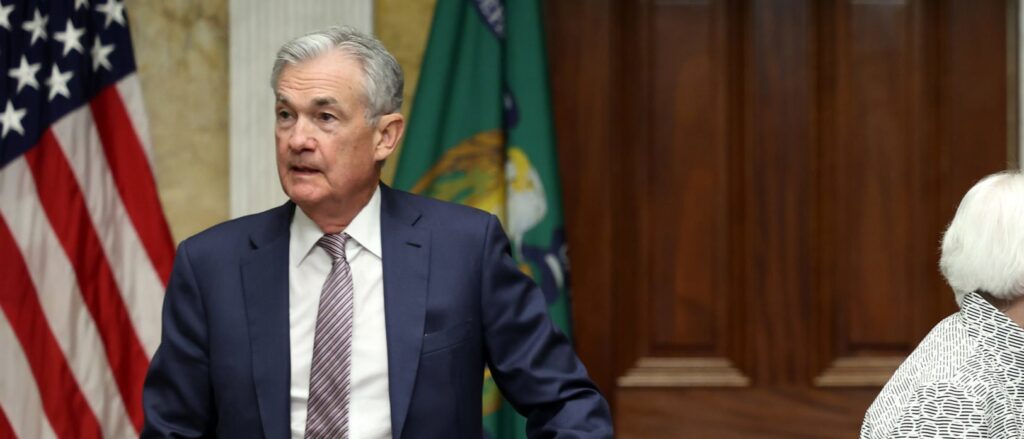The Federal Reserve’s preferred method of tracking inflation went up in July, following a similar move by the Consumer Price Index (CPI), according to the Bureau of Economic Analysis (BEA).
The Personal Consumption Expenditures (PCE) price index rose 0.2% for the month of July, culminating in a 3.3% rise for the year in the Fed’s preferred measure of inflation, up from 3.0% year-over-year in June, according to BEA data. The CPI, which is another measure of inflation, rose 3.2% in July, up from 3.0% in June year-over-year. (RELATED: As More Countries Link Arms With China, Is US Dollar Dominance Truly At Risk?)
Excluding the volatile categories of food and energy, the PCE price index remained even higher, growing from 4.1% in June to 4.2% in July year-over-year, according to the BEA. The PCE increased by $144.6 billion, representing a greater expenditure by Americans.
Personal income grew by 0.2% in the month of July, increasing by a total of $45 billion, while disposable personal income only grew by $7.3 billion, according to the BEA.
The core PCE price index rose 0.22% in July and was up 4.2% from a year earlier
3-month annualized core inflation rate: 2.9%
6-month annualized core inflation rate: 3.4%https://t.co/vTEnhSWlsM pic.twitter.com/47M7cxdhwO— Nick Timiraos (@NickTimiraos) August 31, 2023
The Fed has continued to battle with inflation, raising interest rates for the eleventh time since March 2022 in July, bringing the federal funds rate to a range of 5.25% and 5.50%. The rates are the highest since January 2001 and are an attempt to bring inflation down to the Fed’s 2% target.
The rise in the PCE price index follows another announcement Wednesday from the BEA, revising down yearly real gross domestic product growth from 2.4% in the first quarter to 2.1% for the second quarter of 2023, signaling weaker economic growth than previously thought.
Federal Reserve Chair Jerome Powell said in a speech last week at the Jackson Hole Economic Symposium that more interest rate hikes could be coming if inflation remains high.
Private payroll firm ADP, which has in previous months produced an optimistic estimate for job growth, reported that the U.S. added only 177,000 private jobs in the month of August, far from the 371,000 private jobs it had reported for the month of July.
All content created by the Daily Caller News Foundation, an independent and nonpartisan newswire service, is available without charge to any legitimate news publisher that can provide a large audience. All republished articles must include our logo, our reporter’s byline and their DCNF affiliation. For any questions about our guidelines or partnering with us, please contact licensing@dailycallernewsfoundation.org.


